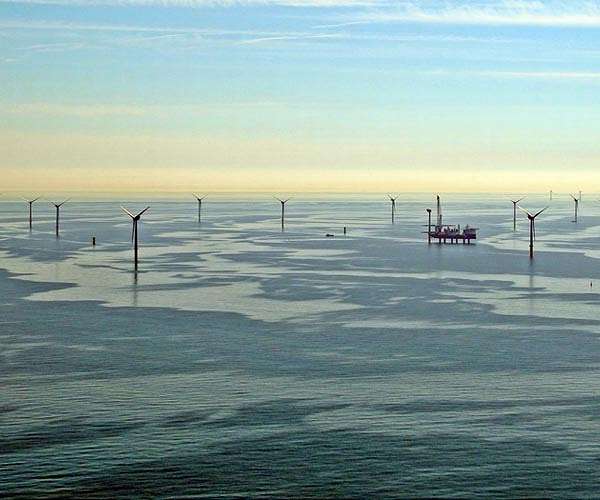The EPA’s role in Flint’s water crisis
This story was originally published by The New Republic and is reproduced here as part of the Climate Desk collaboration. Michigan Gov. Rick Snyder in recent weeks has come under intense pressure over the water crisis in Flint, Mich., which was precipitated two years ago when his administration, in an effort to cut costs, changed the city’s water supply from Lake Huron to the Flint River. The move led to a dangerous increase in lead in the water supply; just 5 parts per billion is cause for concern, especially for children, but Flint’s tap water has had five times that amount. And yet, officials insisted until late last fall that the water was safe for its 100,000 residents to drink. In response to a public outcry, Snyder has released…










